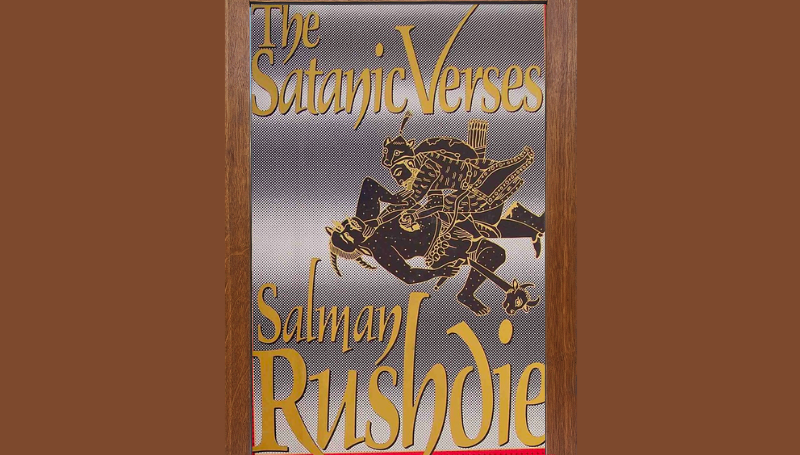Bari Weiss
Common Sense with Bari Weiss, Aug. 13, 2022
“If the attacks against Satanic Verses had taken place today,” he said in L’Express, “these people would not have defended me, and would have used the same arguments against me, accusing me of insulting an ethnic and cultural minority.”
We live in a culture in which many of the most celebrated people occupying the highest perches believe that words are violence. In this, they have much in common with Iranian Ayatollah Ruhollah Khomeini, who issued the first fatwa against Salman Rushdie in 1989, and with Hadi Matar, the 24-year-old who, yesterday, appears to have fulfilled his command when he stabbed the author in the neck on a stage in Western New York.
The first group believes they are motivated by inclusion and tolerance—that it’s possible to create something even better than liberalism, a utopian society where no one is ever offended. The second we all recognize as religious fanatics. But it is the indulgence and cowardice of the words are violence crowd that has empowered the second and allowed us to reach this moment, when a fanatic rushes the stage of a literary conference with a knife and plunges it into one of the bravest writers alive.
I have spoken on the same stage where Rushdie was set to speak. You can’t imagine a more bucolic place than the Chautauqua Institution—old Victorian homes with screened-in porches and no locks, a lake, American flags and ice cream everywhere. It was founded in 1874 by Methodists as a summer colony for Sunday school teachers. Now, it attracts the kind of parents and grandparents who love Terry Gross and never miss a Wordle. It is just about the last place in America where you would imagine an act of such barbarism.
And yet as shocking as this attack was, it was also 33 years in the making: The Satanic Verses is a book with a very bloody trail.
In July 1991, the Japanese translator of the condemned book, Hitoshi Igarashi, 44-years-old, was stabbed to death outside his office at the University of Tsukuba, northeast of Tokyo. The same month, the book’s Italian translator, Ettore Capriolo, was also stabbed—this time, in his own home in Milan.


